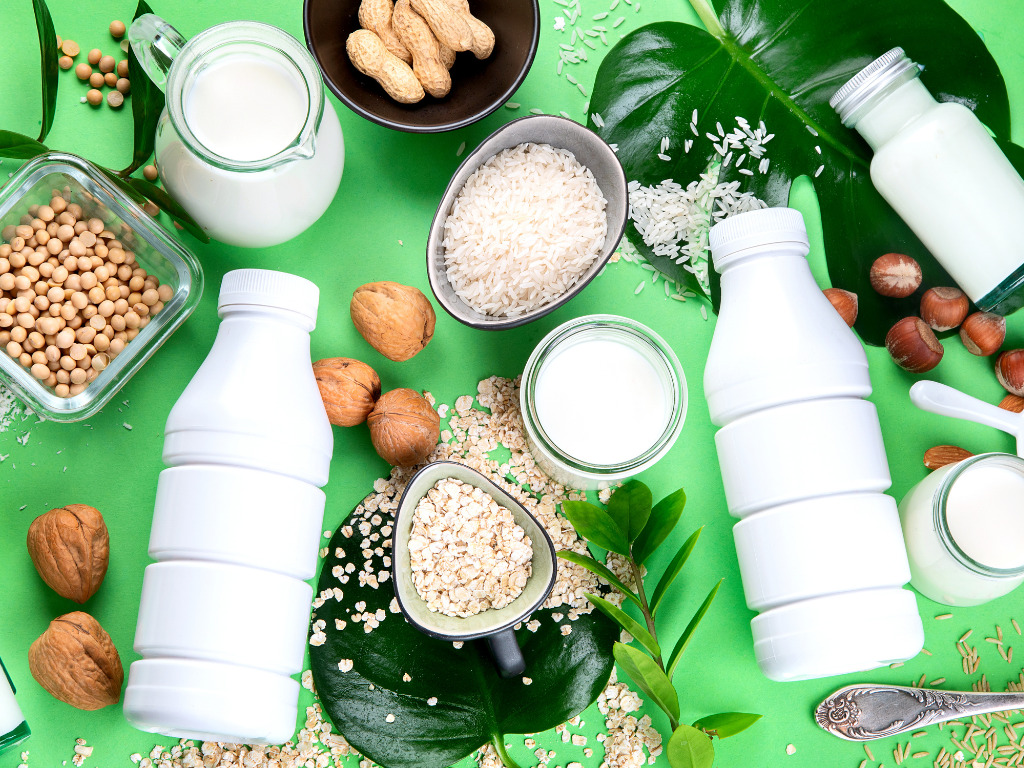3 Mins Read
German MPs Tim Klüssendorf (SPD) and Bruno Hönel (Green Party) have proposed a change in the country’s tax laws to reduce the tariffs on plant-based milk to better reflect consumer needs. Currently, alt-milk is taxed at 19%, compared to a 7% levy on dairy. The SDP and Greens are pushing for an equitable VAT rate in the annual tax law negotiations.
Klüssendorf argues that as the central consumption tax, VAT should be based on people’s consumption. Plant-based milk alternatives carry a 171% higher tax compared to conventional dairy, but a ProVeg International report last year found that 28% of Germans drink plant-based milk at least once a week.
Meanwhile, industry think tank the Good Food Institute (GFI) Europe found that Germany has the highest plant-based milk sales value in Europe. Another report by the organisation revealed that unit sales of alt-milk grew by 20% between 2020-22 in Germany, but still only make up 13% of the total milk market share. On top of that, GFI says Germans spent €6.60 on plant-based milk on average last year.
Meeting consumer demand
“With the change in eating habits in recent years and decades, plant-based milk has become an everyday alternative to cow’s milk for many. In addition, it is more climate-friendly,” Hönel told German newspaper Welt am Sonntag. For example, oat milk – the most popular alt-milk in the country – needs over 11 times less land, uses 13 times less water and emits 3.5 times fewer greenhouse gases than dairy, according to a 2018 Oxford University study.
“Our system is outdated and needs to be changed,” Klüssendorf said in a LinkedIn post. “The equal tax treatment of milk and milk substitutes is long overdue, because it has long been in line with social realities and puts people on an equal footing in their consumer behaviour.”
Speaking to Welt, he was hopeful of seeing this change come to fruition: “I see a good chance that we will get the necessary majority in the traffic light coalition.”
Hönel did caution that the talks were “dependant on the budgetary leeway”, which is why the FPD (which is in coalition with the SPD and Greens in the central government) is more circumspect on this issue. The party’s VAT expert, Till Mansmann, said: “The following applies to everything: we first have to wait for the tax estimate [publishing this Autumn] and make decisions on this basis.”
Meanwhile, the German Economic Institute (IW) said it would go as far as reducing the VAT to 7% for all non-alcoholic drinks. “That would not only end the differentiation between cow’s milk and vegan milk substitute products, but would finally mean uniform tax rates for almost all foods,” IW tax expert Martin Beznoska told Welt.

Dairy consumption in Germany
Last year, a report found that 32% of Germans were looking to rescue their intake of conventional dairy in the following six months. Meanwhile, research by the University of Hohenheim earlier this month revealed that Germany has the greatest market potential for plant-based milk in Europe (among the countries analysed), with purchases already growing by 62% between 2020-22.
The researchers found that this consumption is driven by a strong attitude towards animal welfare. “Social norms and cultural traditions influence Germans less than people in other countries in this regard,” said Dr Beate Gebhard, head of AK BEST at the University of Hohenheim.
Germany counts the largest flexitarian (55%) and the largest vegan population (approx. 10%) in Europe according to a report published by the USDA’s Foreign Agricultural Service earlier this year, which cited political will as a key lever in shifting consumer attitudes and behavior towards reduced meat consumption.



